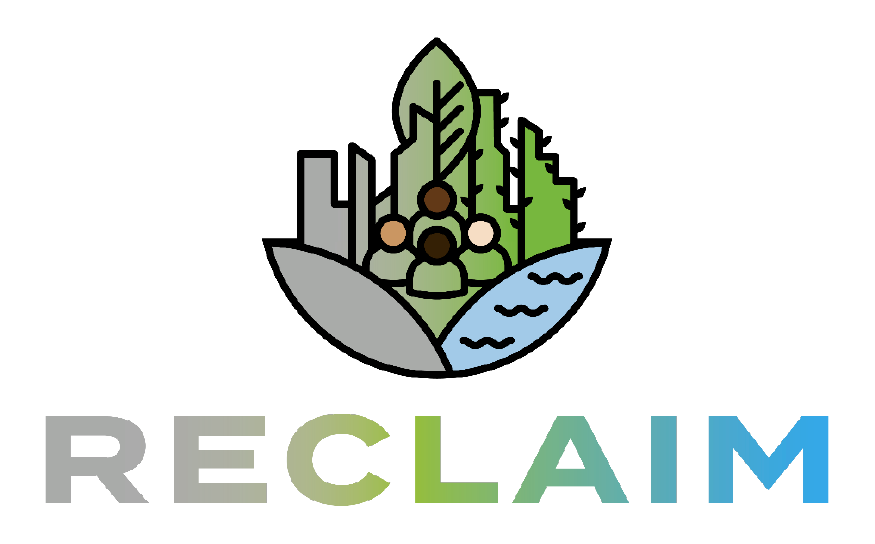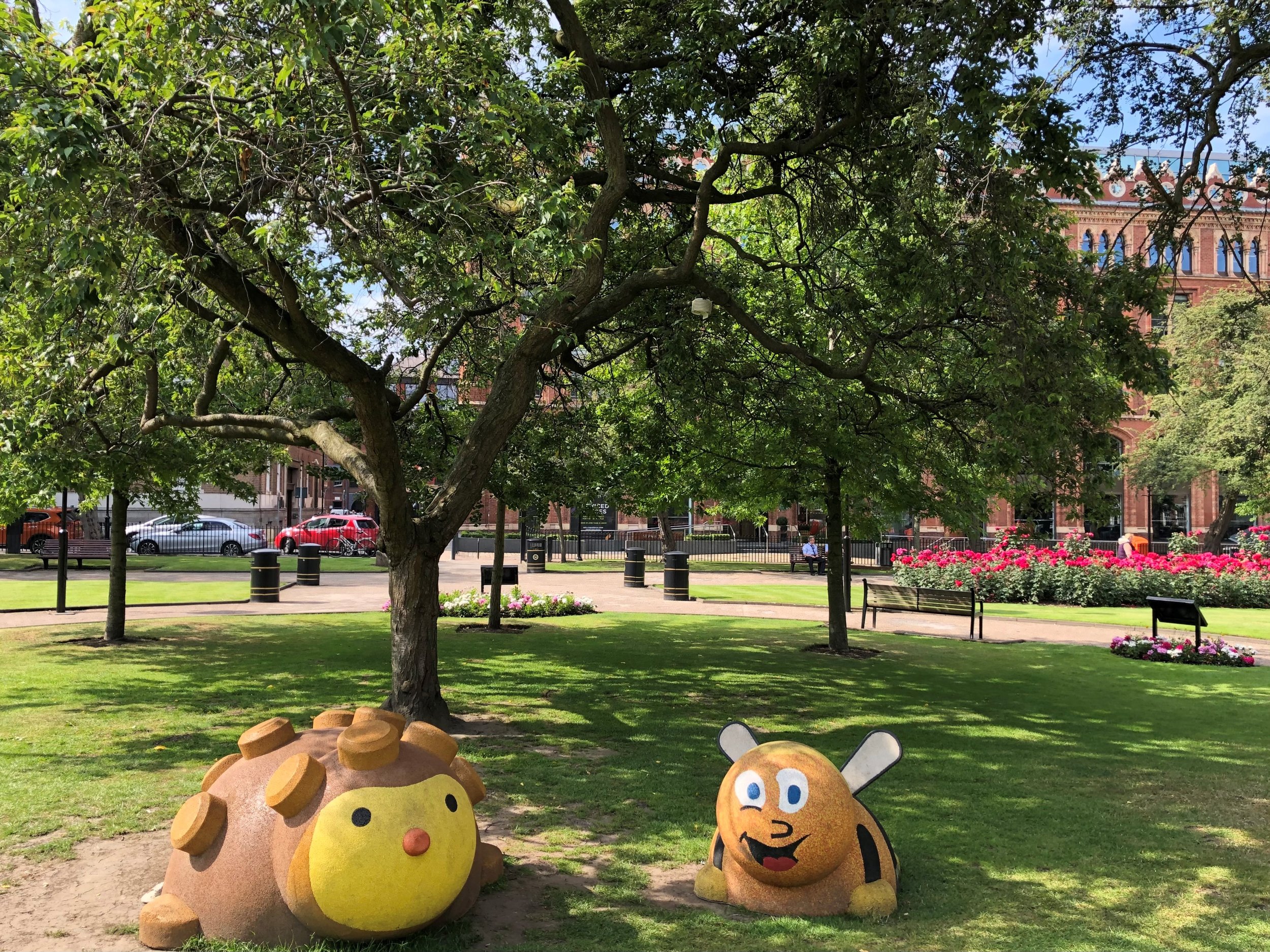How SUPER cool are our parks?
Park Square in Leeds, one of the parks included in this research project
After hopping over a few technical and administrative hurdles earlier in the year, all of our project sensor installations were completed by April, well in time for our recent (unofficial!) heatwave. It’s somewhat sad that I get way more excited about the data coming in than the beginning of summertime these days! It is however great to start seeing the impact our small urban parks can have on the localised microclimate, and the pleasant conditions they create for us all.
During the higher temperatures at the start of June, the two parks we’re monitoring were on average 0.4 °C cooler than the surrounding grey spaces. But this doesn’t tell the whole story, air temperature data is being recorded at hourly intervals, and the parks were a peak 2.3 °C cooler at 12:00 on July 11th, when the temperature in nearby grey spaces reached 29 °C. It’s also interesting that there was no significant difference between the old 1900s park and the brand new one in our study. Air quality conditions are being sampled every minute, so we need a little more time to analyse these data!
The next step for our project is to run a series of focus groups with people who live or work near the urban parks. We'll be exploring topics including what they (could) use the park for, such as socialising with friends, reading, having a picnic, or just watching the world go by, as well as what they like and dislike about the park. We'll explore their beliefs about how clean the air is inside and outside of the parks and how the parks affect temperature and humidity, as well their beliefs about the health benefits of having clean air and cool spaces.
Once we’ve collected and analysed the focus group data, we'll use the results to create a survey to look at beliefs about the parks and barriers and facilitators to using them. And finally, we'll run co-design groups in which members of the research team and members of the public review the findings from the research to develop information for the public about the parks and their air quality. We hope that this raises awareness of the urban parks in Leeds city centre and encourages people to use them.
This work has been supported by the UKRI-funded RECLAIM Network Plus grant (EP/W034034/1).
Dr Jim Parker (Reader, Leeds Beckett University) , Dr Jim McQuaid (Associate Professor of Atmospheric Composition, University of Leeds), Prof Fiona Fylan (Health Psychologist, Leeds Beckett University) and Slingshot Simulations.

